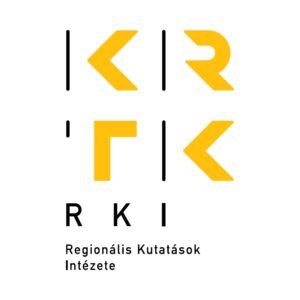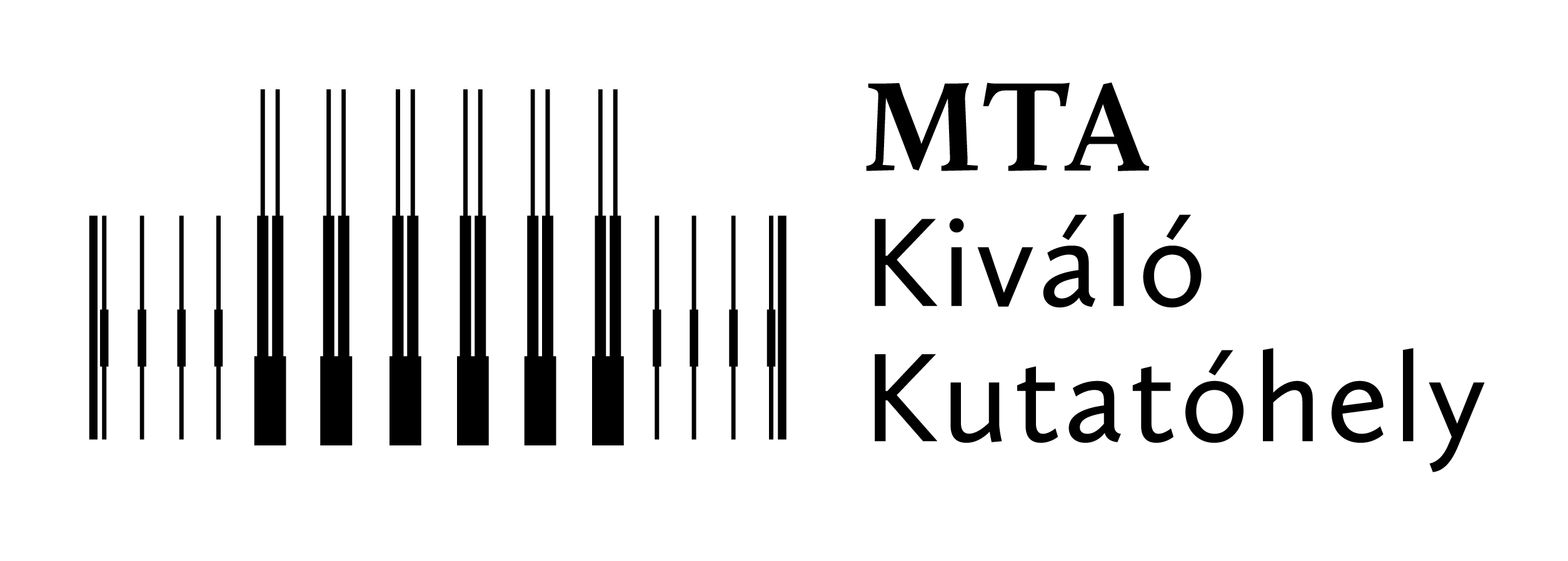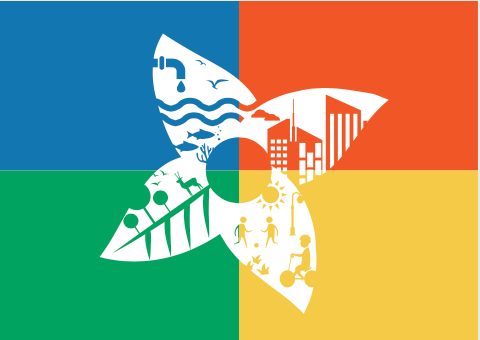The NATURVATION project seeked to develop the understanding of what nature-based solutions can achieve in cities, examine how innovation can be fostered in this domain, and contribute to realising the potential of nature-based solutions for responding to urban sustainability challenges by working with communities and stakeholders. Led be Harriet Bulkeley, Durham University, it sought to develop our understanding of what nature-based solutions can achieve in cities, examine how innovation can be fostered in this domain, and contribute to realising the potential of nature-based solutions for responding to urban sustainability challenges by working with communities and stakeholders.
Nature-based solutions use the natural properties of ecosystems. They have the potential to limit impacts of climate change, enhance biodiversity and improve environmental quality while contributing to economic activities and social well-being. Examples are green roofs and city parks that limit heat stress, city lagoons that store water and permeable surfaces, vegetation and rain gardens to intercept storm water. Yet despite their significant potential, the use of nature-based solutions remains marginal, fragmented, and highly uneven within and between cities. The use of grey infrastructure and technology-driven solutions continues to dominate urban development, from the design of wastewater systems to efforts to improve energy efficiency in the built environment.
The research project is funded by the European Union, H2020
Duration: 01.11.2016 – 31.10.2020
Leader of the project consortium: Durham University, UK
Head of Hungarian research group: Mihály Lados
Website of the project



